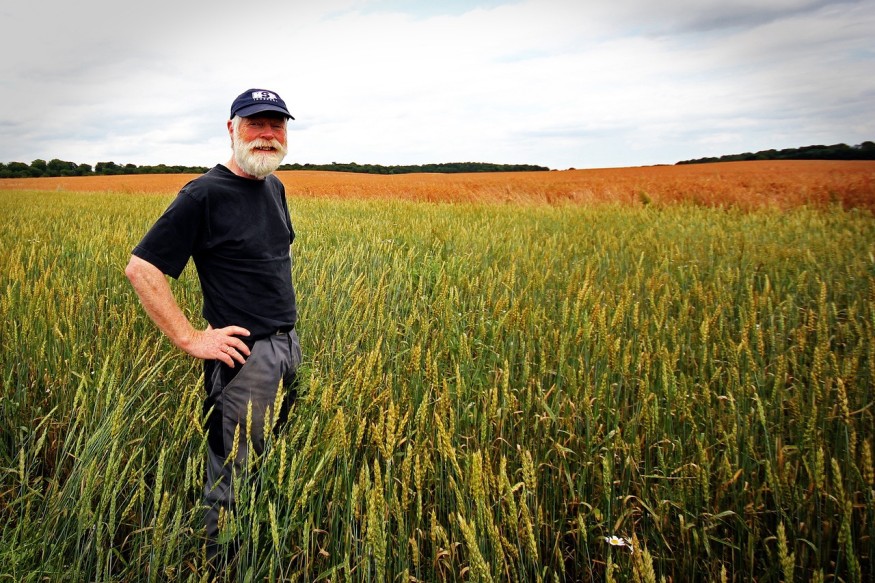
Farmers and ranchers, the backbone of America's food production, grapple with persistent stressors as they toil tirelessly throughout the year.
According to Will Stutterheim, a psychology professor at Fort Hays State University, the agricultural environment presents a multitude of stressors, often beyond the individual's control, leading to profound mental health challenges.
Kansas, unfortunately, ranks last in the country for mental health care, highlighting the struggles faced by rural communities. To this, Stutterheim said there are significant obstacles in accessing care, including geographical distance, limited resources, and financial constraints.
Moreover, the pervasive stigma surrounding mental health issues further impedes farmers from seeking assistance, according to the expert.
"So many times when you come out and talk to people about stress in agriculture, it's a you know, strap your boots on, just tough it out, just deal with it, and just keep going. It will get better," Stutterheim said. "And if that was the case, I wouldn't have a job."
A critical barrier highlighted by Stutterheim is time. Amid the demands of farm work, finding the time to prioritize mental health becomes a daunting task. Balancing urgent responsibilities, such as tending to livestock or repairing equipment, with seeking treatment underscores the complexity of the situation.
"I recognize there's a need, and once I've found a resource, and let's say I've worked through the stigma in agriculture, how do I find the time to take time away? How do I come in, get cleaned up? Hopefully, there's nothing that is a front-burner issue, the cows aren't out, something hasn't happened with a repair that I'm in the middle of, and I've only got till six o'clock till, you know, I can get the part for this, you know. How do I then actually take the time to actually prioritize myself to get that treatment in a way that works for me," Stutterheim explained, per KSN.com.
Stutterheim also noted the importance of involving family members and community members in destigmatizing mental health discussions and promoting support networks within agricultural communities.
"The wives, the daughters, the sons, the aunts, the uncles, the cousins, the nephews, those people I really want to make sure have this information about the importance of mental health, the importance of being able to reach out to these people feel comfortable starting these conversations with people," he said.
"It doesn't have to be anything major. I think so many times, we don't have the mental health providers to adequately staff a lot of our areas in agriculture setting. But what we do have is a lot of good, caring people in those areas who want to help the people in their lives."
Mick Rousch, a farmer well-acquainted with the challenges of rural life, acknowledged the obstacle of seeking assistance in a culture that prioritizes self-sufficiency saying: "It's tough to swallow when you're bred to be independent. We try not to talk about our problems on the farm, we gut it out. It's difficult, it's hard to seek that first help, to ask somebody," Rousch expressed.
Nevertheless, he pointed out the significance of reaching out and acknowledged the camaraderie and assistance accessible within farming communities.
"But then, after that, it gets a little easier. There's a lot of people out there in the same boat as you are -- you're not the only one struggling. There's a lot of people who care about you and want to see you well."
